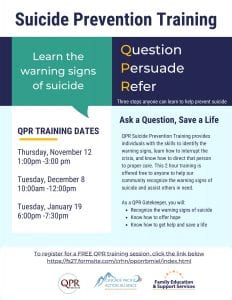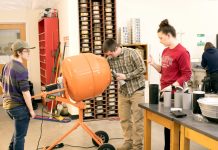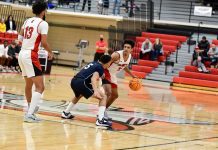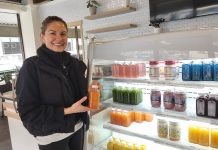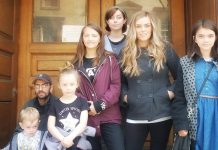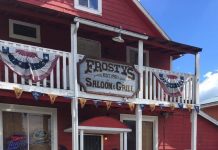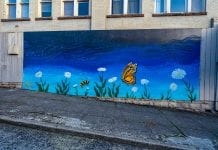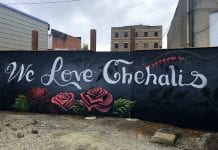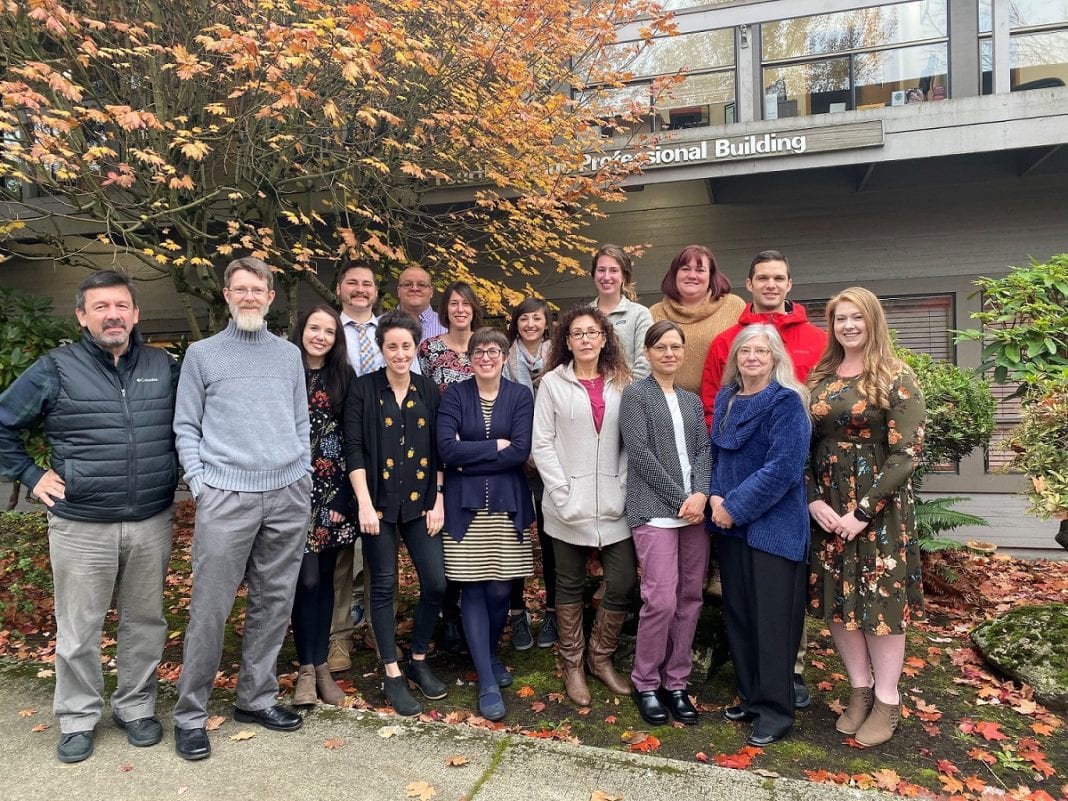Everyone knows about CPR, but have you heard about QPR? Question, Persuade, and Refer are three simple steps anyone can use to help save a life from suicide and now everyone can learn these tools for free thanks to Cascade Pacific Action Alliance.
Just like CPR is a medical intervention, QPR is an emergency response to someone who is in crisis. As the most widely taught gatekeeper training in the world, those who participate learn how to recognize the warning signs of a suicide crisis, and then question, persuade and refer someone to get help.
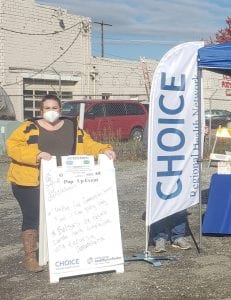
Since 1995, CHOICE Regional Health Network is a non-profit serving Grays Harbor, Lewis, Mason, Pacific and Thurston Counties by responding to community needs with care coordination, chronic disease management, and health benefit exchange insurance enrollment. Most recently, CHOICE became the backbone organization for Cascade Pacific Action Alliance (CPAA) also serving Wahkiakum and Cowlitz Counties. The work of the two agencies overlaps and uplifts each other.
Behavioral Impact Reports from the Washington Department of Health analyzing the current and future effects of the COVID-19 pandemic on mental health and substance use show, compared to other years, suicide and mental health issues are increasing. In response, CPAA decided to use different strategies to offset those shockingly high numbers.
Anyone can participate in learning how to help a person who is suicidal with the upcoming QPR trainings. The 90-minute course is free and ideal for parents, students, nurses, teachers, caseworkers, police officers or anyone who is positioned to identify, interrupt the crisis and help direct to proper care.
The interactive QPR training is offered online via ZOOM through a partnership with Family Education & Support Services (FESS). Taught by FESS Clinical Director Scott Hanauer, QPR is offered on November 12 from 1:00 to 3:00 p.m., December 8 from 10:00 a.m. to noon, and on January 19 from 6:00 to 7:30 p.m.
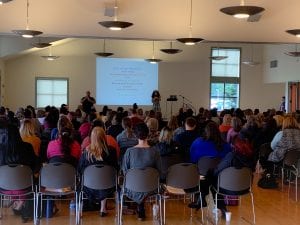
Hanauer recently had a personal experience in preventing a suicide because of QPR training. “I just instinctively knew what to do because of the training I had received,” he says. “This is a way for community members to contribute to those who need help.”
“Where it is often an uncomfortable or taboo topic for people to talk about, mental health issues and suicidal ideations cross all demographics of race, gender, ethnicity and age,” says Program Manager with CHOICE Regional Health Network Abby Gorchels. “QPR gives people the confidence and skills to help a friend, family member or coworker and potentially save a life. That is immeasurable.”
One of the most common myths around suicide is asking someone about suicide puts the idea into their head. “That is simply not true and studies have demonstrated it does not increase thoughts of suicide,” says Gorchels. “Asking someone directly, ‘Are you thinking of killing yourself?’ is the best way to identify if they are at risk. There is a lot of fear around asking someone that question if you don’t have a lot of confidence to say it or you’re afraid to hear the answer, but it’s a good question to ask and it’s not harmful.”
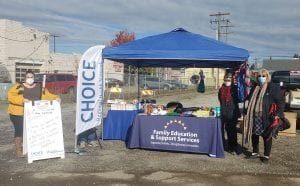
As an Accountable Community of Health, CPAA is concerned with serious public health problems with lasting community, family and individual consequences like suicide. With a meaningful role in the de-stigmatization of mental health and substance use, they offer education and resources to the community.
“Education is powerful and anyone can learn the warning signs of suicide and how to help and make a referral,” Gorchels says. “People generally want to help others but are afraid of doing or saying the wrong thing.”
QPR is a method anyone can use, but parents can help kids to become part of the solution when it comes to youth self-harm and suicide by giving them the tools to handle difficult situations. “Teaching kids what to do when their friends talk about self-harm or suicidal ideation is important,” says Gorchels. “Creating clear non-judgmental channels of communication is a powerful way parents can support their children. “
QPR website offers specific tracks and is perfect for a workplace training. If people are wanting to bring QPR training to their organization or want to know more about preventing suicide, research best practices from the Center for Disease Control and Prevention or National Alliance on Mental Illness (NAMI). Local chapters of NAMI can offer community-specific information.
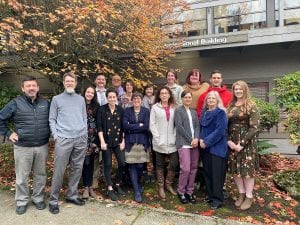
While QPR is a condensed training focused on recognition, soon Cascade Pacific Action Alliance will also offer a more extensive Mental Health First Aid. “We are hoping to reach as many people as possible as the topic of suicide prevention cannot be exhausted enough,” Gorchels says. “There are resources with information on what to do and how to be someone who can listen non-judgmentally and get help.”
Interested in attending CPAA’s life saving and practical QPR (Question, Persuade, Refer) Training? Register now online to reserve your spot in the online class. If you have any questions or are unable to register, please email info@crhn.org.
“So many people have been affected by suicide,” says Gorchels. “Most people know someone who was lost to suicide or died from an overdose. The grief and sadness that comes from that very permanent death are just horrible and incomprehensible. If one death can be prevented and a life can be saved — it’s a value that can’t be measured.”
If you or someone you know is struggling, please reach out to the National Suicide Prevention Lifeline ‘1-800-273-TALK (8255)’ or text TALK to 741741 at the Crisis Text Line.
Sponsored
